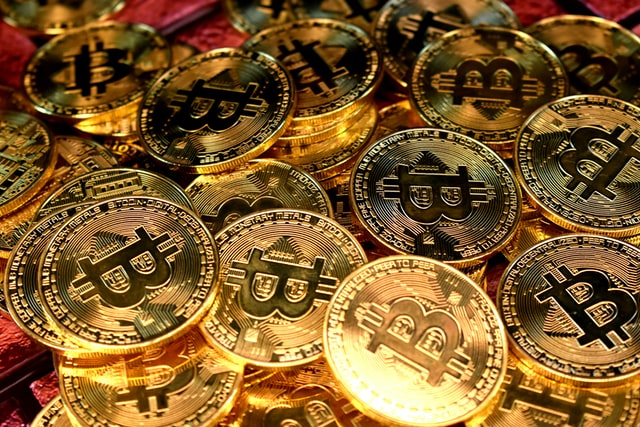Bitcoin is just an electronic currency, produced and stored electronically. There’s a number central get a handle on want it has been some other currency we use today. As we’ve all observed daily, there are fewer opportunities to abuse income for power.
Bitcoins aren’t printed like pounds or euros. Bitcoins are produced/mined by common persons, and now some organizations are concentrated on Bitcoin mining. Mining is solving mathematical curriculums/problems. Bitcoin is the biggest of the cryptocurrencies.
Who created Bitcoin?
Some say it is a constructed name, which it probably is, but Satoshi Nakamoto is regarded as the creator of Bitcoin. He proposed a digital cost program predicated on mathematical proof. His thought was to produce a currency separate from any main power, transferable digitally with really low exchange fees.
Why is it different from conventional currencies?
Bitcoin is a digital currency that may be used to purchase things electronically. This doesn’t allow it to be too different from conventional currencies like euros or dollars. Most of the world’s money is digital and can be utilized for online transactions.
The largest difference and crucial characteristic of Bitcoin is that it’s NOT centralized. That is hugely important, as you will find no central bankers that control the money flow. It means people won’t get scammed in the certain majestic scheme of things as it has happened so often with the global economic crisis. Bitcoin is decentralized. Here is the real elegance of the cryptocurrency revolution.
Tell me once again, who images the Bitcoin?
Nobody images Bitcoin. It’s not managed by any main bank or a small number of people with a particular plan that serves nobody else but them. Bitcoin is developed by people like you and me through mining, i.e., using computing power in a distributed network.
Exactly how many Bitcoins are there?
A maximum of 21 million bitcoins may be mined in total. It’s important to have a cap, as usual, there wouldn’t be any value if there was an infinite amount of Bitcoins. This doesn’t mean that optimum 21 million people may possess bitcoin (if everyone had just one BTC) because bitcoins can be divided into smaller parts. The littlest amount is one hundred millionth of a bitcoin, known as a “Satoshi.”
Wait, is Bitcoin backed at all?
Bitcoin is based on mathematics. People are employing software programs that follow a mathematical formula to make bitcoins. Bitcoin has a hat, and so the demand (market) sets the worthiness, as the resource is not infinite.
It’s important because the conventional currency isn’t backed by anything nor features a cap. Dollars and euros are printed every day, and they’re not backed by absolutely anything. Buck used to be supported by gold, but this technique was damaged and did not benefit long.
The more you print dollars or euros, the more value these currencies lose. Hence, holding your assets in conventional currency means losing buying power.
Some Pros of Bitcoin
Simple to start. Though it might appear like a complex process to begin, it isn’t, particularly if you compare it to opening a bank account. It’s quicker and easier to get your money to a bitcoin exchange and buy bitcoins.
Decentralized. This is just about the biggest plus of all. If you’re fed up with central bank governments having so much power over our lives, having some of one’s assets in cryptos creates plenty of sense.
Fast. Transactions take way less time in comparison to traditional bank transfers.
Cheap. It’s inexpensive to make Bitcoin transactions. You can find no banks skinning you as much as feasible for every transaction. You may also do it on a P2P (peer to peer) platform.
Anonymity. Well, it’s not 100% anonymous, but you can hold multiple bitcoin addresses which aren’t associated with names or other personally identifiable information.
Some cons of Bitcoin
As a new and unregulated industry, you will always find people with not too good intentions on the market. It has gotten better and safer lately, though.
Hackers. You must be careful and protect your cryptos by using the right wallets (and wallet types).
Refunds. Let’s say it’s not easy to reverse the transfer or get your bitcoins back after transferring them to the wrong address.
Volatility and political risk. The prices of bitcoin and especially altcoins are very volatile. It generates opportunities to produce a bundle and might not be the best choice for someone who loves certainty. The cost can be very susceptible to political decisions, as some countries try to fight or regulate bitcoin more and more – which is a risk on its own.




